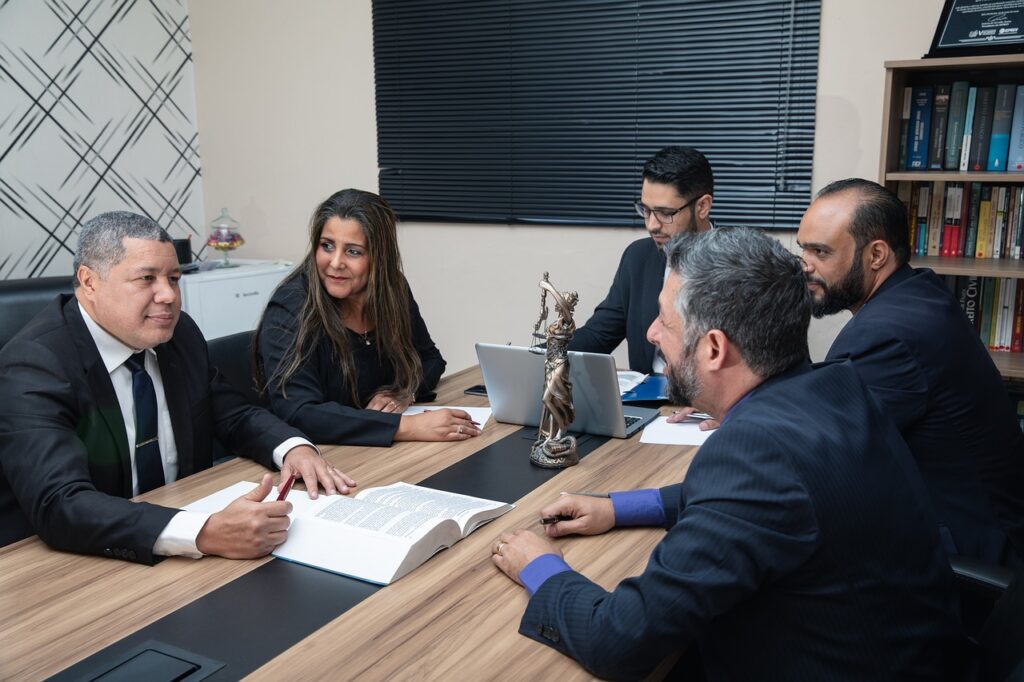Women's Rights in the Constitution of Pakistan: Advocacy and Community Empowerment

Women’s rights are the prerequisites to a just, equitable, and progressive society. In this respect, the Constitution of Pakistan outlines several protections and guarantees for women. Nevertheless, these rights largely remain unfulfilled in the face of socio-cultural barriers as well as ignorance. Advocacy and community development are essential in bridging the gap so that women’s constitutional rights could be ensured and their voices heard.
Women’s Rights in the Constitution of Pakistan
The Constitution of Pakistan has several provisions to establish rights of women:
Article 25: It guaranteed equality of all before the law, thus it prohibits any discrimination on the basis of gender.
Article 27: ensures equal access to employment without any form of discrimination.
Article 34: encourages participation of women at all spheres of life.
Article 37(e): Safeguarding women against exploitation and providing fair conditions at work.
These postulations express the commitment of Pakistan toward promoting gender equality and empowering women to make their mark in every walk of life.
Challenges in Realizing Constitutional Rights
Despite all these provisions, a majority of the women in Pakistan still do not enjoy their constitutional rights because of:
It includes: Lack of awareness of rights under the Constitution among many women. Cultural constraints such as patriarchal norms inhibit women’s participation in education, employment, and decision-making. Weak implementation of laws aimed at protecting the rights of women, making these vulnerable to discrimination and abuse as well.
Advocacy of Women’s Rights:
Advocacy is the driving force behind translating constitutional promises into lived realities for women. Effective advocacy means: The right to know and education of legal rights in workshops, seminars, and digital media platforms; and Mobilization of local leaders, educators, and influencers of harmful norms so that women can question their perceptions and work for equality.
– Collaborations: Partnering with civil society organizations and governmental bodies to amplify the reach and impact of advocacy efforts. —————————————————————————————————————————————————————
Organizations like the Naqaash Foundation are huge machines in advocacy; they help organize grassroots campaigns, provide legal assistance, and offer platforms for women to express their grievances.
It is communities that form the backbone of change in society. Communities mobilized for women’s rights support women to thrive in such spaces. Community programs that are successful include: Skill Development Programs: Training women on vocational skills and digital literacy that can lead to more economic independence. Safe spaces through establishment of the community centers led by women where issues can be discussed, solutions found, and networks built.
Advocacy Networks: Encouraging local groups to advocate for women’s rights collectively, amplifying their impact.
Importance of Women’s Rights for Pakistan’s Progress
Empowering women strengthens families, communities, and the nation as a whole. Ensuring women’s constitutional rights leads to:
-Economic Growth: Women’s participation in the workforce boosts productivity and innovation.
-Social Harmony: Educated and empowered women lead to better health, better education, and better living for the next generations. “;
– National Development: Gender equality leads toward an inclusive path for sustainable development for Pakistan.
To ensure that women’s rights are realized, every stakeholder has a role to play. Policymakers enforce laws for protecting women, educators spread awareness, and people advocate for gender equality in their communities. Organizations like the Naqaash Foundation provide an excellent platform for volunteering, donating, or just aiding initiatives about women empowerment.
Conclusion
Women’s rights are not just a statutory right but the pillar of a prosperous society. It is only through advocacy for women’s rights and community development that Pakistan can unlock half of its population, thus paving the road for a brighter future with equality. Collective efforts will only ensure that the constitutional promises for women translate into a lived reality for every woman in Pakistan.
